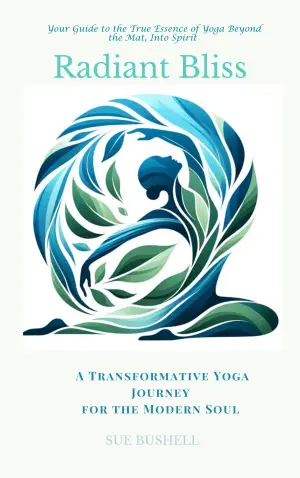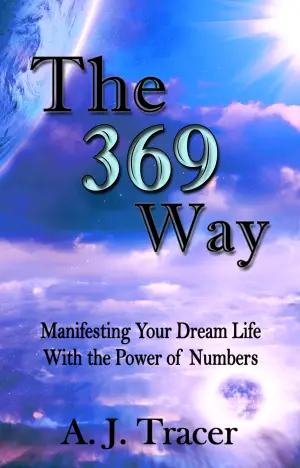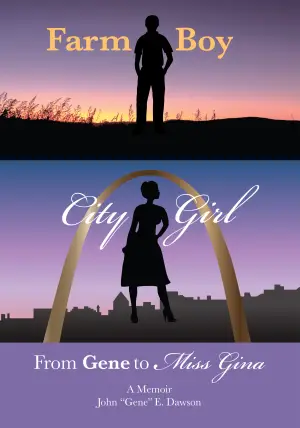The Expert of Subtle Revisions: A Dance Through Time and Ideas
When I first stumbled upon The Expert of Subtle Revisions by Jennifer Menger-Anderson, I was intrigued by the promise of time travel, a narrative realm I often find myself treading despite my cynicism about its feasibility. Menger-Anderson’s take, however, caught my eye with its unique premise—a music box acting not just as a catalyst for temporal journeys but as a vessel for deeper ideas. Secrets of the past, societal evaluations, and the richness of human connection unfold amidst a historical backdrop that resonates with urgency and complexity, making it impossible to resist diving in.
The narrative crisscrosses between two time periods: present-day San Francisco, where Hase, a reclusive young woman steeped in Wikipedia edits, seeks to understand her estranged father, and 1930s Austria, rife with intellectual fervor masked by the creeping shadows of fascism. Through Hase, Anton Moritz—a closeted gay mathematician—and Josef Zedlacher, a bitter academic, we navigate a labyrinth of ambition, erasure, and the struggle for identity. Haskell Gaul, the enigmatic math prodigy, adds yet another layer—his desire to “fix” his fractured life echoes our own longings for reconciliation and redemption.
What struck me most is Menger-Anderson’s ability to weave such an intricate tapestry of themes—fascism, love, and the systematic erasure of women from historical narratives. The chilling presence of fascism is palpable, not just in the historical context but also through Josef’s insidious ambitions. He is a character whose portrayal reinforces the importance of small gestures of cruelty that burgeon into societal chaos. While his coarseness can feel a tad heavy-handed at times, it serves as a stark reminder of the destructive power of envy and ambition.
Love, too, is painted in rich, intricate strokes through Anton and Haskell’s relationship—both a tender romance and an urgent struggle against societal constraints. Their chemistry is infectious, filled with the thrill of discovery amidst a world that might not accept them. It’s more than a “light” romantic subplot; it’s woven into the very fabric of the narrative, driving decisions and transformations. I marveled at how these dynamics evoke a deep emotional response, prompting me to reflect on the challenges faced by marginalized individuals throughout history.
However, the narrative’s treatment of female characters—particularly Hase—left me with mixed feelings. The notion of women’s erasure is compelling, yet I felt the execution faltered at times, with pivotal female figures relegated to the background. Despite Hase being the first and last voice, her journey felt intertwined with male narratives, an odd tension that resonated uncomfortably with me. The abrupt shifts between timelines can leave readers disoriented, but they also underscore the realization of how women’s stories are often relegated to footnotes.
Ultimately, The Expert of Subtle Revisions is a rich, thought-provoking read that intertwines themes of history and identity in an evocative way. Menger-Anderson’s elegant prose paired with an ambitious narrative invites readers to reflect on our pasts and presents, urging us to seek deeper insights into our connections and the world we inhabit.
I recommend this book for anyone curious about the intersections of personal and historical narratives, particularly those who appreciate a nuanced exploration of LGBTQ+ themes and the complexities of identity. It’s a reminder that stories, much like time, are woven in intricate patterns, and sometimes, the most beautiful revisions lie in the delicate balance of memory and presence. Reading this felt like discovering a hidden gem—a journey that transformed how I view the voices often left unheard in history.
Discover more about The Expert of Subtle Revisions on GoodReads >>














